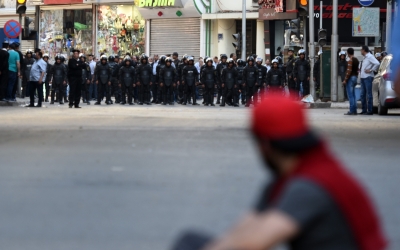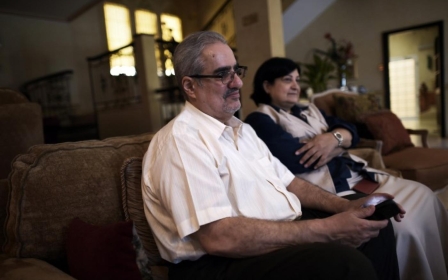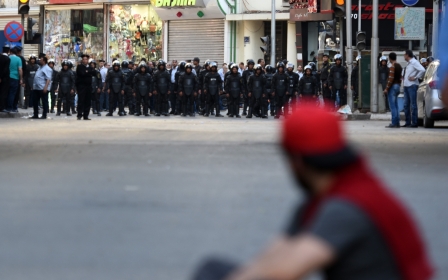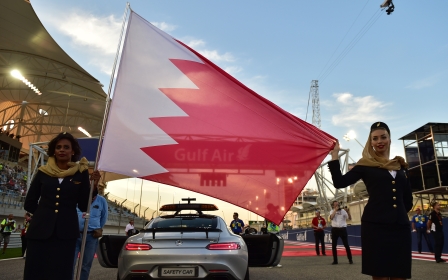Bahrain Grand Prix: Activists warn of campaign targeting drivers and sponsors
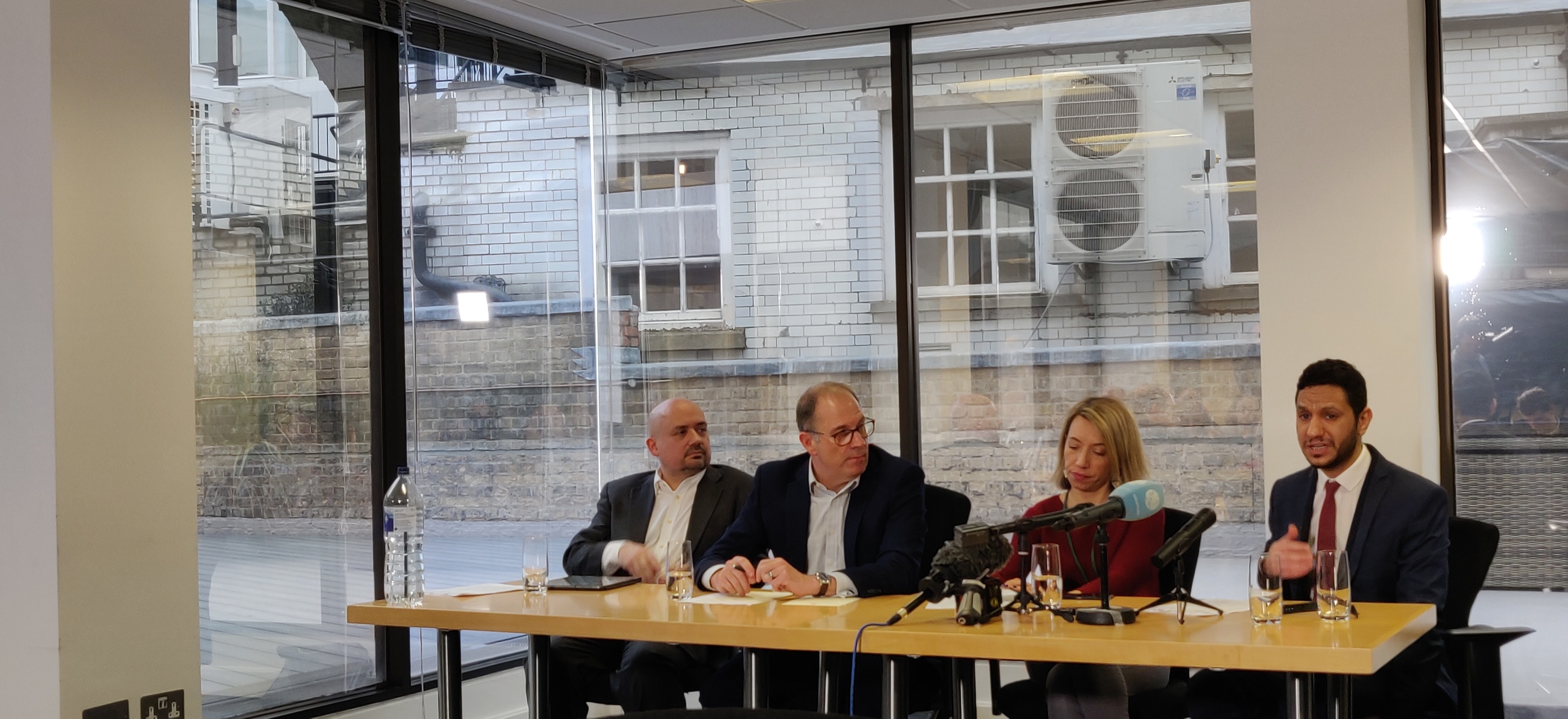
Activists have vowed to target individual drivers and sponsors of Formula One if the race's organisers fail to condemn Bahrain's human rights record ahead of the Bahrain Grand Prix on Sunday.
This latest escalation comes after a coalition of leading global NGOs and trade unions called on the president of the Federation Internationale de l'Automobile (FIA), the governing body for racing, to call out Bahrain over its repression of dissent.
Speaking in London on Wednesday, Lord Paul Scriven, who has campaigned against Bahrain's human rights abuses in Britain's House of Lords, demanded F1 race officials take action.
Among the concerns raised by Scriven include Bahrain's clampdown on local journalists and the detention of Najah Yousef, a Bahraini activist imprisoned for criticising the Bahrain Grand Prix on Facebook.
Scriven emphasised that if F1 officials failed to commit to supporting human rights in Bahrain and adopt UN standards on human rights, the campaign would go further.
"If F1 refuses to do this, then let us be very clear. The pressure is not going away. Najah is in prison for three years, still having her human rights abused," said Scriven.
"This campaign will go further. It will go to the sponsors. It will go to the teams, and it will go to individual drivers such as Lewis Hamilton, to say very clearly that you cannot win world titles on the back of human rights abuses, and stand in countries that abuse people."
Other advocates present at the press conference included Sayed Alwadaei, the head of advocacy for the Bahrain Institute for Rights and Democracy (BIRD), Clive Baldwin, a senior legal adviser for Human Rights Watch, and Rebecca Vincent, UK bureau director for Reporters without Borders.
Yousef, who is currently serving a three-year sentence, has described facing sexual and physical abuse at the hands of the Bahraini authorities.
She was sent to prison in 2017 after criticising the Bahrain Grand Prix on an activist Facebook page she co-managed.
Writing in the Guardian on Wednesday, Yousef described the Bahrain Grand Prix as an "annual reminder" of her suffering.
"The Grand Prix is an international sporting spectacle and a symbol of wealth and glamour, particularly for Bahrain’s ruling family," she wrote.
"However, for me and my fellow Bahraini citizens, it is nothing but an annual reminder of our suffering in our fight against tyranny and repression."
Scriven, alongside the other panellists, called on F1 to issue a strong statement of condemnation to the king of Bahrain that race officials would not tolerate the imprisonment of Bahrainis for criticising Formula One in Bahrain.
He also called on F1 officials to visit Yousef in her prison cell or, should Bahraini officials prevent them from seeing her, use it as grounds to cancel the racing competition.
"It is no good for the leadership for F1 just to say they are committed to human rights, when a court case in Bahrain for the first time used F1 social media posts [as evidence]," said Scriven.
"The court ruling pointed to F1 as a contributing factor for why Najah is in jail, to say they have nothing to do with us."
Calls for cancellation
Earlier this month, a footballer from Bahrain who escaped extradition to the kingdom also called on F1 to cancel the Bahraini Grand Prix.
In an article published last month by the Guardian and the New York Times, Hakeem al-Araibi accused the kingdom of using money and sport to whitewash its human rights record and silence critics and called on fans to boycott the racing event scheduled for March.
The 25-year-old footballer turned dissident fled Bahrain for Australia in 2014 after he had been jailed and beaten as part of a crackdown on pro-democracy athletes.
"Activist Najah Ahmed Yousef was harshly interrogated, threatened, physically abused and sexually assaulted for speaking against the Bahrain Grand Prix two years ago. Formula One has never called for her release," he wrote on Wednesday.
"Fans of Formula One need to help Najah. Formula One needs to be told that human rights abuses cannot be tolerated."
The FIA did not respond to requests for comment at the time of writing.
Middle East Eye delivers independent and unrivalled coverage and analysis of the Middle East, North Africa and beyond. To learn more about republishing this content and the associated fees, please fill out this form. More about MEE can be found here.


